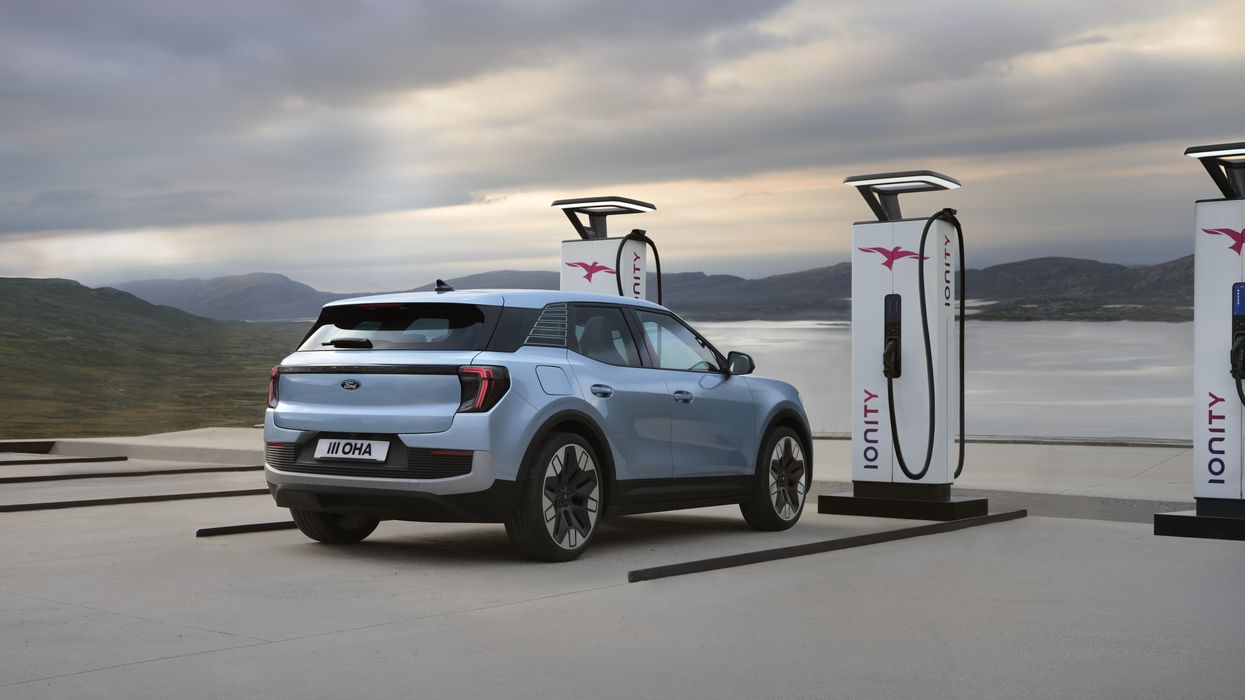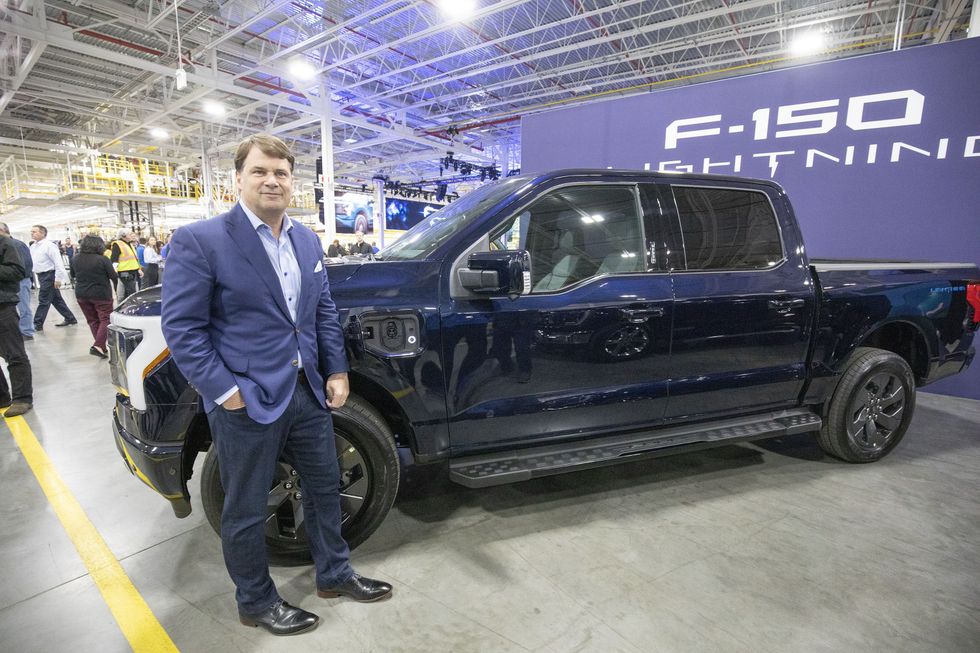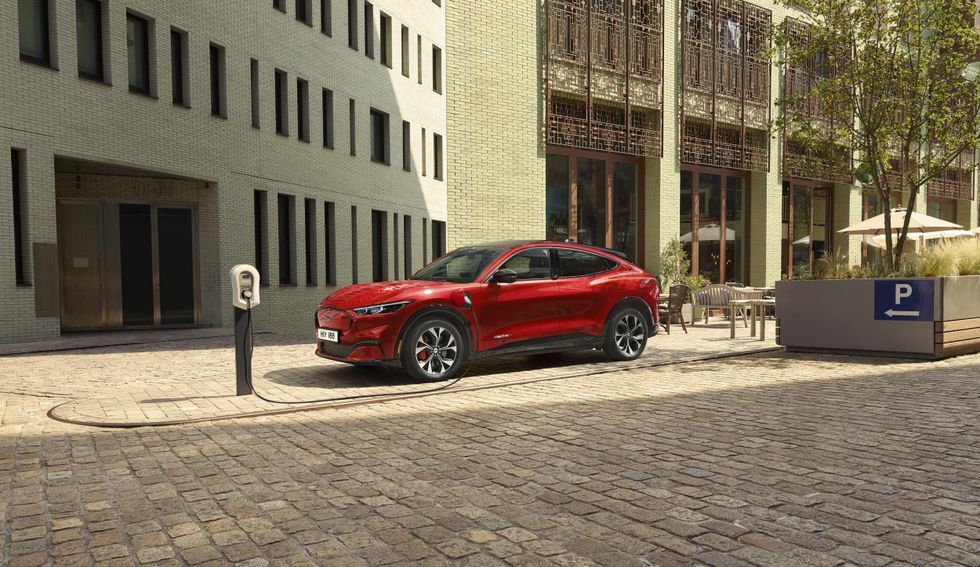Ford loses £37,000 per electric vehicle as major car brands see profits plummet before EV switch

Ford unveiled its earnings report which prompted concern among experts
| FORD
Ford remained the second most popular brand for new electric vehicles in the United States
Don't Miss
Most Read
Latest
New financial reports from global car manufacturer Ford have revealed that the brand loses almost $50,000 (£38,700) on every electric vehicle it sells.
Data from Ford found that the company posted a loss of $1.1billion (£854million) for its zero emission vehicle department - Ford Model e - which is equivalent to $47,600 (£36,970) per car.
It said this was down to industry-wide pricing pressure on first-generation electric vehicles and lower wholesale prices.
The anticpated loss of between $5billion (£3.88billion) and $5.5billion (£4.27billion) for Ford Model e remains unchanged for the brand as it pushes forward with electric vehicles.

Jim Farley said Ford would continue with electric vehicles
| GETTYThe brand was able to slash costs by $400million (£310million) as a result of global competition in the electric vehicle market, as highlighted by industry expert Robert Bryce.
Jim Farley, president and CEO of Ford, said: “Over time, we’ll build out those same kinds of benefits for Ford Blue and Ford Model e customers and further distinguish us from other automakers, traditional and new ones.”
Despite the losses, Ford said customers exercising their "freedom of choice" allowed the brand to be the number one petrol, number two electric and number three hybrid brand in the United States.
The US division of Ford has several electric vehicles on offer for motorists including the Mustang Mach-E SUV, F-150 Lightning XLT pick-up truck and the E-Transit van.
Data from the Society of Motor Manufacturers and Traders (SMMT) revealed that Ford has so far sold more than 8,496 vehicles in the UK this year, although this is all vehicles, not just EVs.
Despite the slow pace of sales, Ford has several electric vehicles on the UK market, including the Capri, Explorer, Mustang Mach-E and the Tourneo Custom van.
In the year-to-date, the Ford Puma - which is available either as a petrol model or a hybrid - is the best-selling car in the UK with 26,374 registrations, placing in eighth for the top models in June.
It comes as global experts react to disappointing sales reports from major car manufacturers who have blamed waning demand for massive losses.
Stellantis reported that profits had dropped by 48 per cent to £4.72billion in the first half of the year, despite owning successful brands like Vauxhall, Fiat and Peugeot.
Natalie Knight, chief financial officer at Stellantis, said: "What has been happening on the industry side and competitiveness has been faster and more difficult than we expected this year, and the transition has been bumpier."
Another major brand, Nissan, reported that its earnings had dropped by 99 per cent in the first quarter of the year, forcing the brand to slash its annual profit forecast by around £2.54billion, the Financial Times reported.
Nissan president and CEO Makoto Uchida said: “Our first quarter results were very challenging. The reasons are clear, and we have implemented measures to recover our performance.
LATEST DEVELOPMENTS:

A Ford boss has previously said the brand was too quick to go all-electric by 2030
| FORD"First, we are optimizing the inventory buildup in the US market and bring VME efficiency with a focus on quality of sales.
"Then, from the second half, we aim to maximize sales of new and refreshed models to achieve the revised forecast of sales volume and profit.”
Nissan has two electric vehicles on the UK market, having revolutionised the fuel type in the early 2010s with the rollout of the Leaf. It also sells the Airya coupe crossover.








